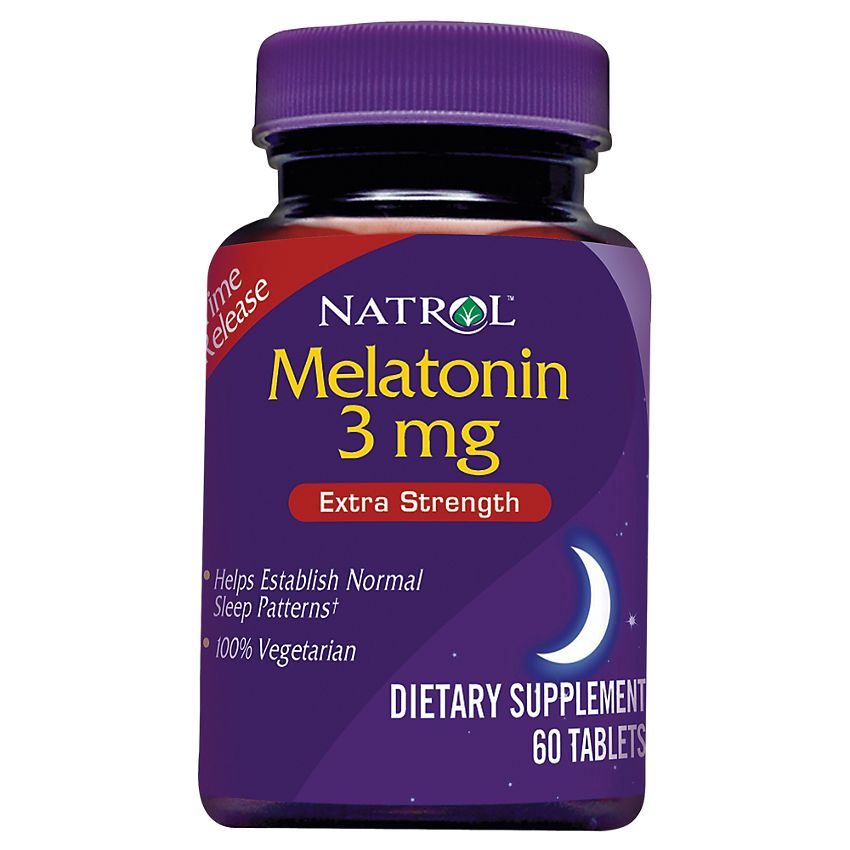Melatonin: Magic potion or unregulated danger?

By Kate Johnson From Medscape
“The most magical sleep supportive potion I’m aware of is melatonin,” says Rubin Naiman, PhD, sleep specialist, psychologist, and clinical assistant professor at the University of Arizona in Tucson. Although major sleep societies don’t recommend it for the treatment of insomnia, Naiman compares melatonin to Nyx, the Greek mythological goddess of the night who mothered Hypnos, the god of sleep — calling it “Nyx in a bottle.”
And indeed, millions of North Americans seem to agree. In 2012, an estimated 3.1 million Americans were taking melatonin, a number that has likely skyrocketed given that the global melatonin market, which was valued at $700 million in 2018, is projected to reach $2790 million by the end of 2025.
In much of the world, it’s only available by prescription, but in Canada and the United States, it’s freely available as a dietary supplement.
Ironically, although most people take melatonin for sleep, its best-kept secret may be its other reported benefits as an anti-inflammatory, antioxidant, and oncostatic agent.
Melatonin is a “multitasking molecule” whose “bewildering array of functions…has exceeded the expectations of the most ardent melatonin devotees,” according to Russel J. Reiter, PhD, from UT Health San Antonio, a top authority on the molecule and one such devotee.
Reiter has published hundreds of papers on melatonin, with his most recent ones outlining its benefits or possible uses in cancer, diabetes,hypertension, intestinal diseases, neurodegenerative diseases, and evenaging.
So why are the major sleep societies hesitant to endorse melatonin for run-of-the-mill insomnia? The American Sleep Association and National Sleep Foundation cite conflicting evidence about efficacy while cautiously suggesting that it might help some people. The American Academy of Sleep Medicine (AASM) actually advises clinicians against recommending melatonin, weighing the overall evidence as “weakly against” its efficacy.
A review of randomized, double-blind, placebo-controlled studies of melatonin for insomnia without significant comorbidities “suggests a modest reduction in time to fall asleep of not better than around 10 minutes, which by our definition was not clinically significant,” said Michael J. Sateia, MD, lead author of the AASM recommendation. The review found that melatonin also failed to show robust improvement in other sleep outcomes.
However, melatonin is approved in Europe to treat primary insomnia in older adults and has been shown to help insomnia in children with autism spectrum disorders, adolescents with depression, women with premenstrual dysphoric disorder, patients with hypertension taking beta-blockers, and children with attention deficit hyperactivity disorder.
“AASM’s recommendation against melatonin does not mean that it is proven ineffective or unsafe,” stressed Sateia. “It simply means that based on the rigorous standards we applied, there was insufficient evidence demonstrating its effectiveness. Moreover, our recommendation was based on the entire adult population; we were not able to conduct separate meta-analyses for the elderly population.”
For more on this story go to: https://www.medscape.com/viewarticle/922202?src=WNL_infoc_191214_MSCPEDIT_melatonin&uac=225504EN&impID=2204167&faf=1





Isotroin 20 mg is used to treat severe cystic acne. Works by reducing the production of oil on the face. If left untreated, acne can cause permanent scarring. Isotretinoin 20 mg can be utilized according to the counsel of the specialist. This medicine is accessible in the USA at a less expensive cost.